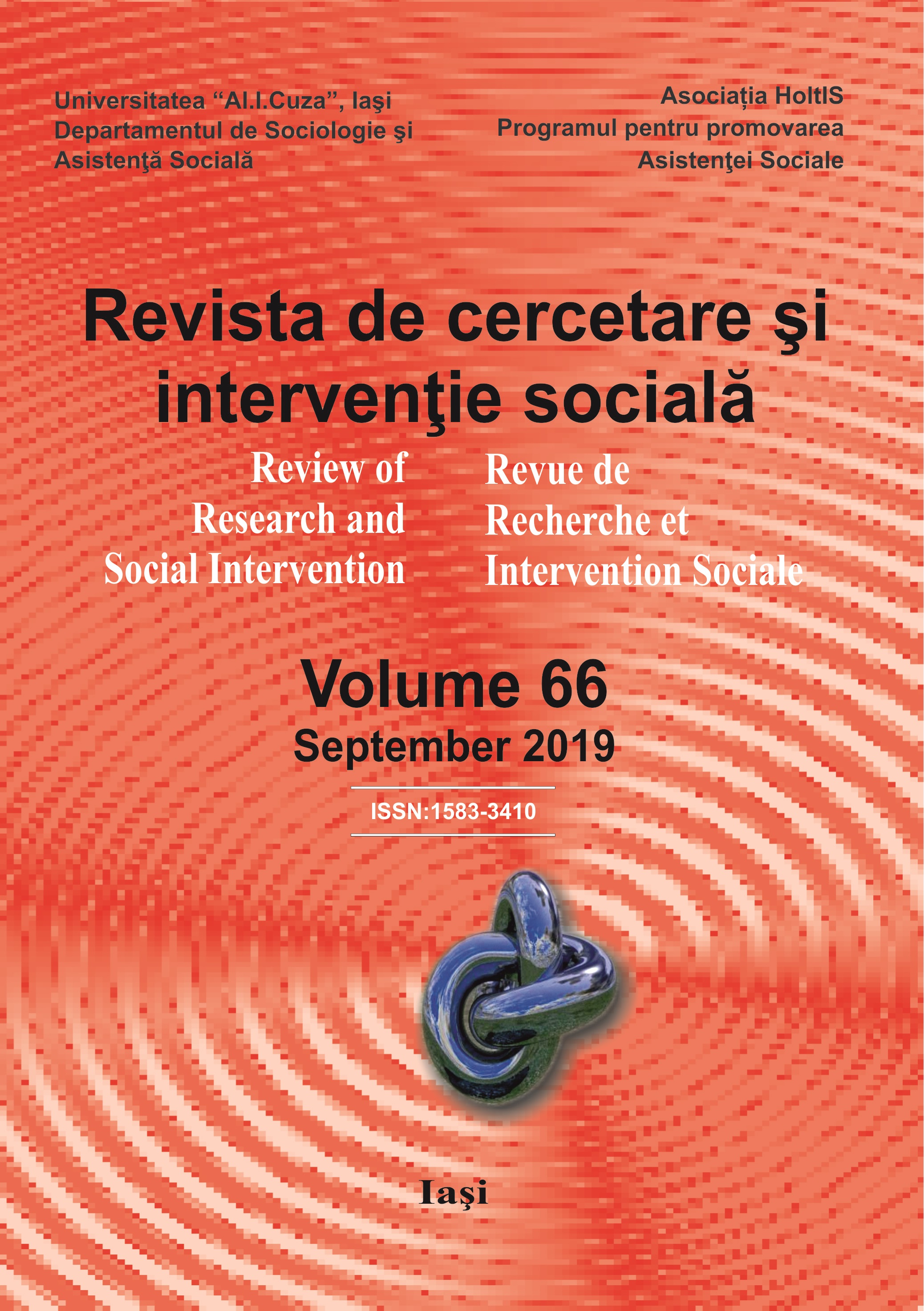Comprehensive Application Ability of College Students' Knowledge Structure and Skills under the Immersion Bilingual Teaching Mode
Comprehensive Application Ability of College Students' Knowledge Structure and Skills under the Immersion Bilingual Teaching Mode
Author(s): Yuqing Zhang, Fang FANGSubject(s): Social Sciences, Education, Sociology
Published by: Expert Projects Publishing
Keywords: bilingual teaching; Canada education; Immersion Bilingual Teaching Mode; knowledge; social skills; social development; social capital;
Summary/Abstract: Bilingual teaching reflects the requirements of today's social informationization and economic globalization, and it has become an inevitable trend of Chinese college education reform and development. In recent years, all institutions of higher learning have intensified their teaching reforms. They adjusted the structure and content of the course to optimize the knowledge structure of college students, and further enhance the innovation and entrepreneurship and employment ability of college students. Through the collection and analysis of a large number of documents, we systematically clarified the status quo of immersion bilingual teaching mode research at home and abroad. Based on the study of the Canadian immersion bilingual teaching mode, we have constructed the WBI course and conducted practical teaching. Before the practice began, we conducted surveys on teachers, student qualifications, curriculum arrangements, and textbooks, all of which met the standards for immersion bilingual Teaching. On this basis, we selected some students who have studied this course as the research object and conducted a questionnaire survey. Through the analysis of the various elements and teaching effects that affect bilingual teaching, we can know that the implementation of bilingual teaching in colleges has obvious help for college students. Due to resource constraints, we are unable to carry out such bilingual teaching extensively. Therefore, further discussion on the specific strategy for implementing bilingual teaching is our next step
Journal: Revista de Cercetare şi Intervenţie Socială
- Issue Year: 2019
- Issue No: 66
- Page Range: 22-40
- Page Count: 19
- Language: English

